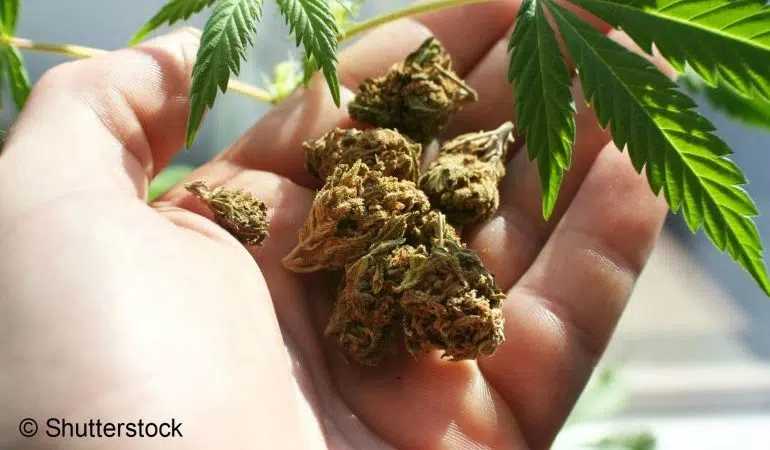WASHINGTON (AP) – The Democratic-controlled House on Friday approved a bill to decriminalize and tax marijuana at the federal level, reversing what supporters call a failed policy of criminalizing pot use and taking steps to address racial disparities in enforcement of federal drug laws.
Opponents called the bill a hollow political gesture and mocked Democrats for bringing it up at a time when thousands of Americans are dying from the coronavirus pandemic.
“With all the challenges America has right now, (Republicans) think COVID relief should be on the floor, but instead, the Democrats put cats and cannabis” on the House floor, said House Minority Leader Kevin McCarthy, R-Calif. “They’re picking weed over the workers. They’re picking marijuana over (providing) the much-needed money we need to go forward to address the pandemic.
McCarthy’s comment about cats referred to a separate bill approved by the House to ban private ownership of big cats such as lions and tigers, a measure boosted by the Netflix series “Tiger King. That bill, approved by the House on Thursday, would allow most private zoos to keep their tigers and other species but would prohibit most public contact with the animals.
Democrats said they can work on COVID-19 relief and marijuana reform at the same time and noted that the House passed a major pandemic relief bill in May that has languished in the Senate.
Drug reform advocates called the House vote historic, noting it is the first time comprehensive legislation to decriminalize marijuana has passed the full House or Senate.
“The criminalization of marijuana is a cornerstone of the racist war on drugs. Even after a decade of reform victories, one person was arrested nearly every minute last year for simply possessing marijuana,” said Maritza Perez, director of national affairs at the Drug Policy Alliance, an advocacy group. “Today the House took the most powerful step forward to address that shameful legacy.
The vote comes at a time when most Americans live in states where marijuana is legal in some form, and lawmakers from both parties agreed that national cannabis policy has lagged woefully behind changes at the state level.
That divide has created a host of problems – loans and other banking services, for example, are hard to get for many marijuana companies because pot remains illegal at the federal level.




